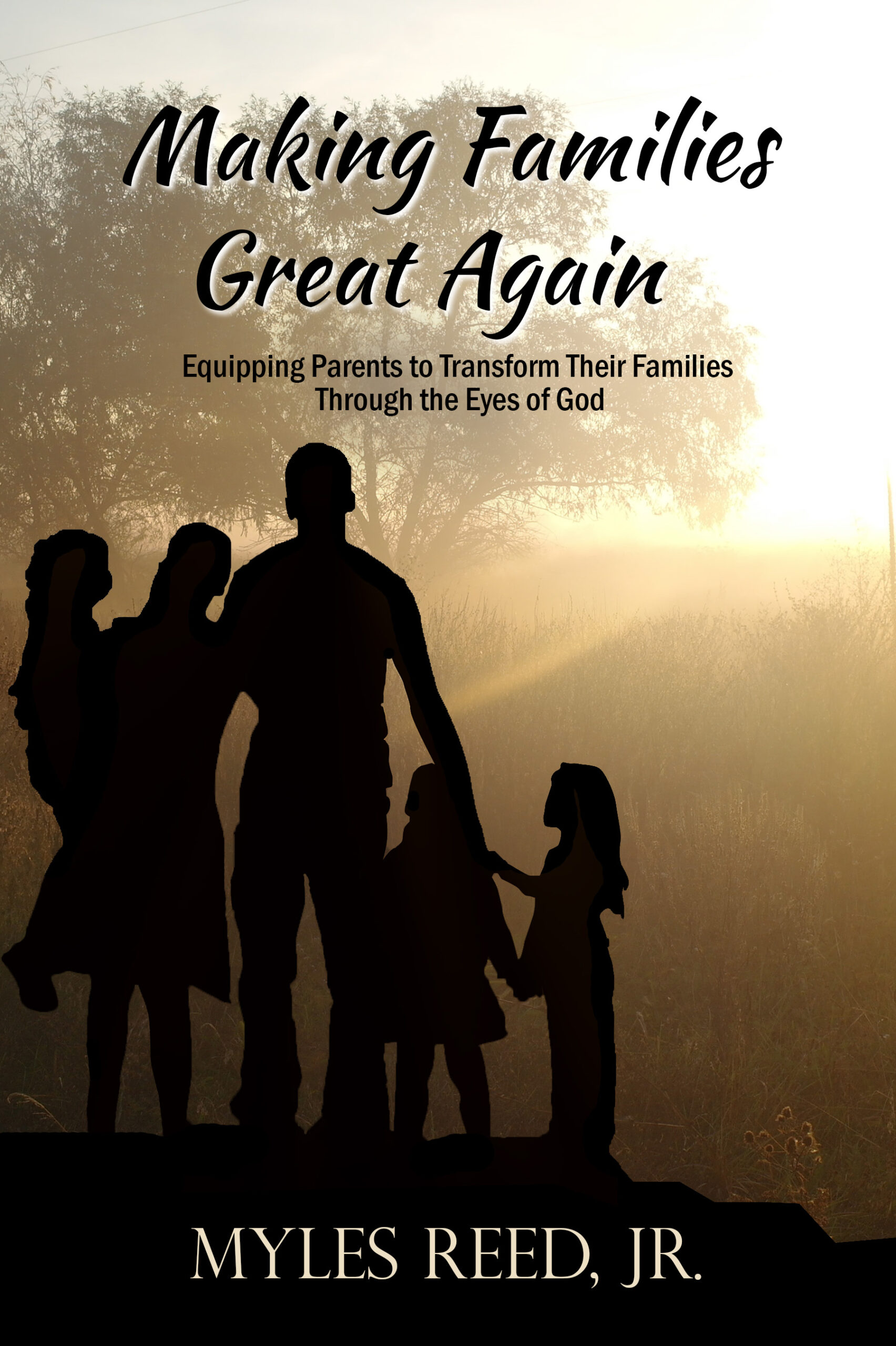State Farm ran a commercial to help us realize that what we read on the Internet doesn’t have to be true.
Many times, it’s someone’s not-so-expert opinion that is copied and emailed so many times that people assume it has to be true. The information tends to be somewhat true, which makes it dangerously deceptive.
For more than ten years, the following “statistics” have been circulating, repeatedly copied as absolute truth.
- 33% of high school graduates never read another book for the rest of their lives.
- 42% of college graduates never read another book after college.
- 80% of U.S. families did not buy or read a book last year.
- 70% of U.S. adults have not been in a bookstore in the last five years.
- 57% of new books are not read to completion.
Because the numbers are specific and alarming, many people will assume they are accurate. Are they really? If they can’t be validated from a reliable source, we should know they probably are not.
According to Raising Bookworms, 48 percent of the adult American population now reads literature for pleasure, with the greatest decline among the young. More than 20 percent of adults read at or below a fifth-grade level, which is below the average needed to earn a living wage, and 50 percent can’t read an eighth-grade-level book.
The Statistics Portal says, as of 2012, 14 percent will read between 11 and 20 books per year, a decrease of 33 percent since 2010.
The Bureau of Labor Statistics, reports that those older than age 14 spend more than half their available leisure time watching television, 2.8 hours per day. On a weekend day, young people ages 15–19 spent 52 minutes playing games or using a computer for leisure, compared to 4 minutes for reading.
Over the 2010–2011 TV season, The Nielson Company reported daily television use at 5.18 hours per day.
- We may be hard-pressed to find one person who has finished reading a book in a year. They are too busy watching television, playing games, and using social media.
- If we want our stories, articles, and books to be read, our main competition isn’t with what others are writing. We’re competing for people’s time, so our writing has to deliver greater value than what people get from movies and television.




 Character is a critical key to becoming a person of quality, and it starts in the home!
Character is a critical key to becoming a person of quality, and it starts in the home!